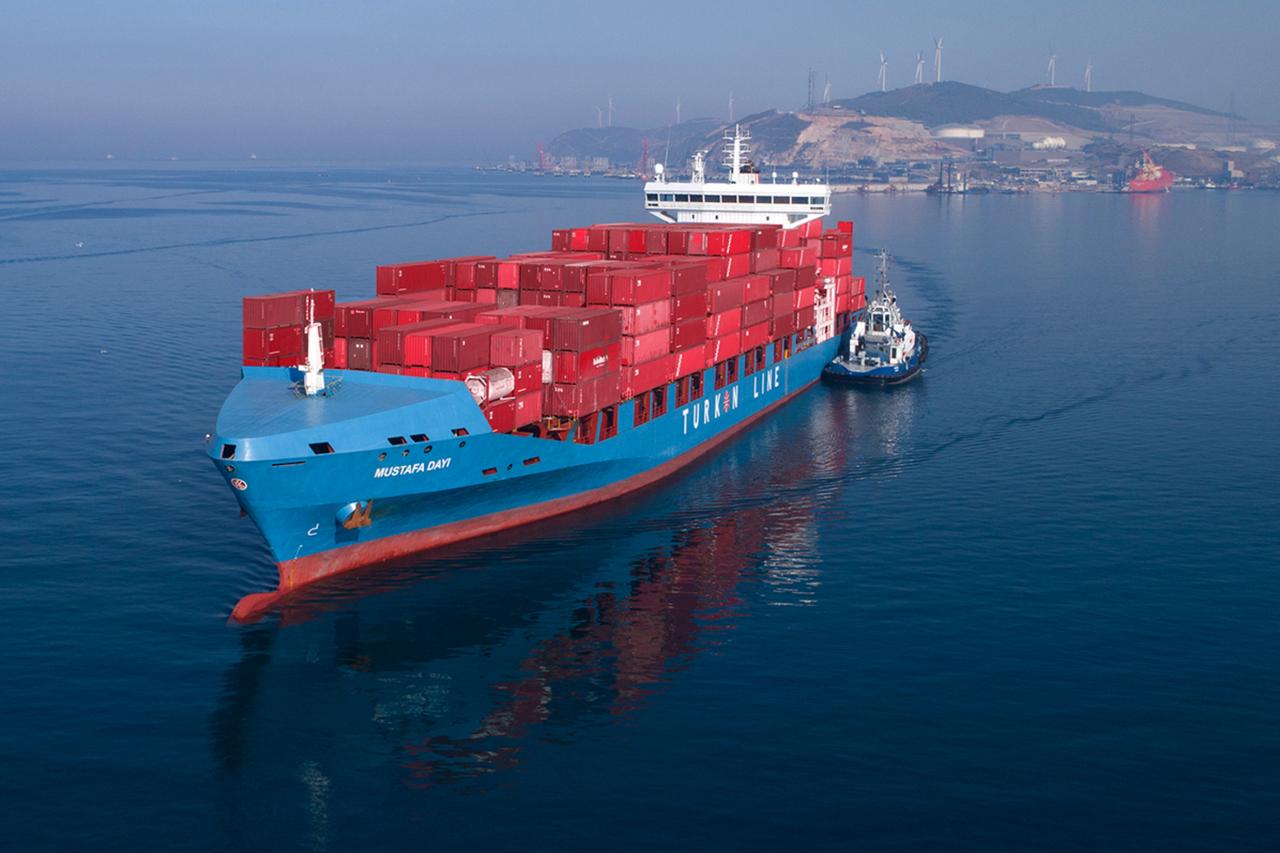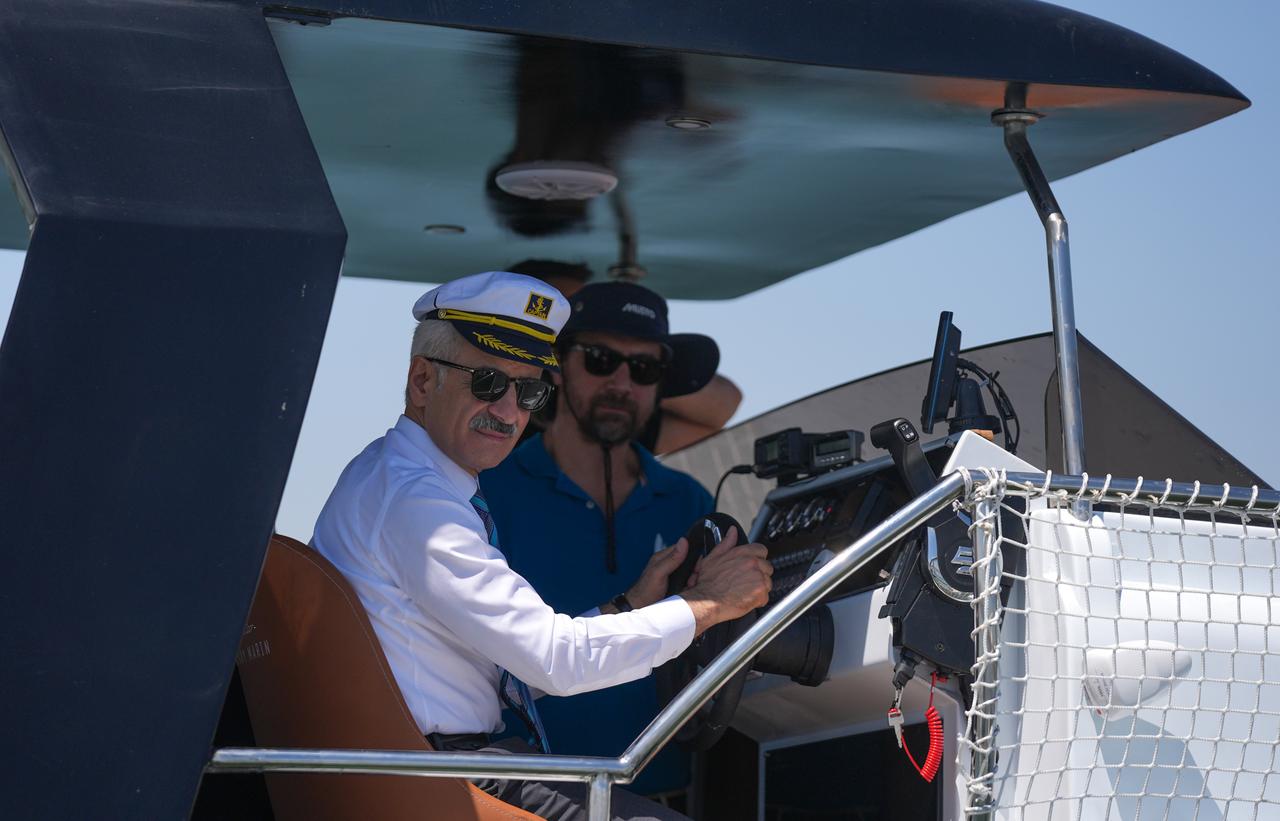
Türkiye is on track to secure a spot among the world’s top 10 countries in maritime trade, driven by the growth of its national merchant fleet and reinforced by recent regulatory reforms, according to Transport and Infrastructure Minister Abdulkadir Uraloglu, who spoke to Anadolu Agency (AA).
The Turkish-owned merchant fleet currently ranks 11th worldwide in terms of tonnage, with more than 2,150 vessels and approximately 51.9 million deadweight tons in capacity. Uraloglu noted that this position puts Türkiye within reach of its long-standing goal to enter the top 10.
He added that Türkiye’s 85 active shipyards provide employment for around 94,000 people, highlighting the sector’s strategic role in the country’s economy and industrial base.
Highlighting Türkiye’s historical ties to maritime sovereignty, Uraloglu pointed to the Cabotage Law that took effect on July 1, 1926, granting Türkiye full control over its territorial waters.
Framing maritime trade as both an economic pillar and a profession, the minister emphasized the country’s commitment to enhancing its capabilities through innovation, technology, and education.
Uraloglu underlined the ministry’s efforts to lead the sector’s green transformation, aiming to improve sustainability across shipbuilding and maritime logistics. He also stressed that national maritime safety remains a priority, with recent developments including real-time monitoring systems and increased inspections.

“These measures are not only crucial for maritime operations but also for maintaining global food security and ensuring the continuity of energy supply chains,” he said.
Located at the crossroads of Europe and Asia, Türkiye's Istanbul and Canakkale Straits are central to global maritime routes.
The minister reported that over 40,000 vessels pass through the straits annually. In the first quarter of the year alone, the Istanbul Strait handled 9,351 vessels carrying 141.1 million metric tons of cargo, while the Canakkale Strait saw 10,652 ships with a combined cargo of 225.5 million metric tons.
To support services along these vital routes, Türkiye increased the “gold franc” rate—a historical unit used to calculate passage fees—by 15% to $5.83. Last year, 51,058 vessels paid a total of $227.4 million in fees, which will now contribute to the sustainability of public services provided in the straits.
The upcoming 4th Türkiye Maritime Summit, to be held in Istanbul on Tuesday, will bring together domestic and international stakeholders.
The event will focus on key sector themes, including new ship technologies for decarbonization, cruise tourism opportunities, port state control innovations, and financial strategies in maritime business.
Uraloglu said the summit aims to strengthen knowledge-sharing across the industry and foster new cooperation networks to boost the sector’s global competitiveness.